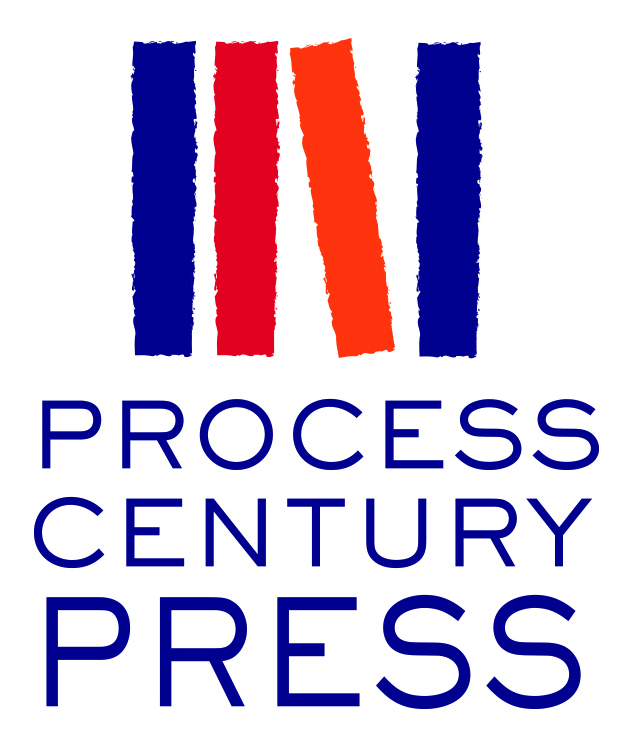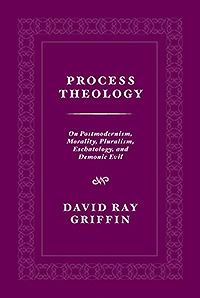by David Ray Griffin
From a giant in the field of process theology, here is a succinct summation of the distinctiveness of this theology and its singular importance for our time.
From the first chapter:
Process theism is a naturalistic theism. It is naturalistic not in the sense of equating God with “nature” or otherwise denying distinct agency to God, but simply in the sense of rejecting supernaturalism, understood as the doctrine of a divine being that can interrupt the world’s normal causal principles. . . .
The divine power is necessarily persuasive: It could not be coercive or controlling in the sense of unilaterally determining what happens in the world. This view of the God-world relation therefore reconciles theism with the scientific community’s naturalistic assumption that no events, however extraordinary, involve violations of the world’s basic causal principles. . . .
This view also provides the basis for a theodicy that defends the perfect goodness of our creator without minimizing the evil of our world. The distinction between God and creativity provides, in fact, the basis for a robust doctrine of demonic evil, with the basic idea being that God’s creation of human beings brought into existence a level of worldly creativity that not only could become diametrically opposed to the divine creativity but could also do so with sufficient power to threaten divine purposes. . . . Process theologians deny that God determines everything that happens in the world. And against traditional free-will theologians, process theologians deny that God could control all events but refuses to prevent evil in order to allow human freedom.
Process theologians say, instead, that the creation has its own creativity and hence its own inherent power. Also, in bringing forth more complex creatures, such as multicelled animals and especially human beings, God necessarily brought forth creatures with more creativity and hence more of the twofold power to exercise self-determination and causal influence on others. These higher creatures are, accordingly, necessarily more dangerous. Even God cannot have the greater good without the risk of the greater evil. Given this view of the God-world relation, the realization that our world is filled with horrendous evils need not lead to atheism. . . .
Table of Contents
1. Process Theology: Philosophical, Christian, and Postmodern
2. Theism and the Crisis in Moral Theory
3. Religious Pluralism
4. Process Eschatology
5. Process Theodicy and Climate Change
6. Divine Goodness and Demonic Evil
7. Charles Hartshorne as Christian Theologian

